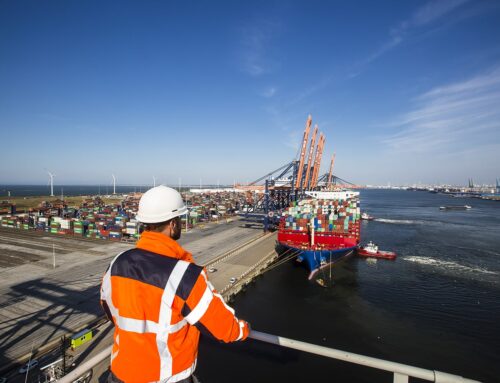As the global population continues to grow and demand for products and services increases, the availability and sustainability of raw materials has become a major concern. Raw materials, also known as natural resources, are essential for the production of goods and services and play a crucial role in our economy. However, the increasing demand for raw materials has led to several problems that have serious implications for both the environment and the economy.
One of the major problems with raw materials is the depletion of non-renewable resources. Non-renewable resources, such as oil and natural gas, are finite and cannot be replenished once they are used up. The demand for these resources has been increasing, leading to a rapid depletion of these resources. This has serious implications for our economy as the supply of these resources is limited, and their scarcity can lead to price increases and market instability.
Another problem with raw materials is the impact on the environment. The extraction and production of raw materials often involves harmful processes that can damage the environment. For example, the mining of minerals and metals can cause air and water pollution, and deforestation can lead to loss of biodiversity. The use of fossil fuels also contributes to climate change through the emission of greenhouse gases.
Furthermore, the global supply chain of raw materials is complex and often involves the exploitation of workers and resources in developing countries. The lack of regulations and oversight in these countries can lead to unsafe working conditions and environmental degradation. The demand for raw materials from developed countries can also lead to the exploitation of local communities and their resources.
To address these issues, it is important for governments and businesses to prioritize sustainable practices in the extraction and production of raw materials. This can include investing in renewable resources, implementing regulations to protect the environment and workers, and supporting fair trade practices.
Additionally, individuals can also play a role in reducing the demand for raw materials. This can include reducing consumption, recycling and reusing products, and supporting companies that prioritize sustainability in their supply chain.
Overall, the increasing demand for raw materials has led to several problems that have serious implications for both the environment and the economy. It is essential for governments, businesses, and individuals to prioritize sustainable practices to address these issues and ensure the availability and sustainability of raw materials for the future.





